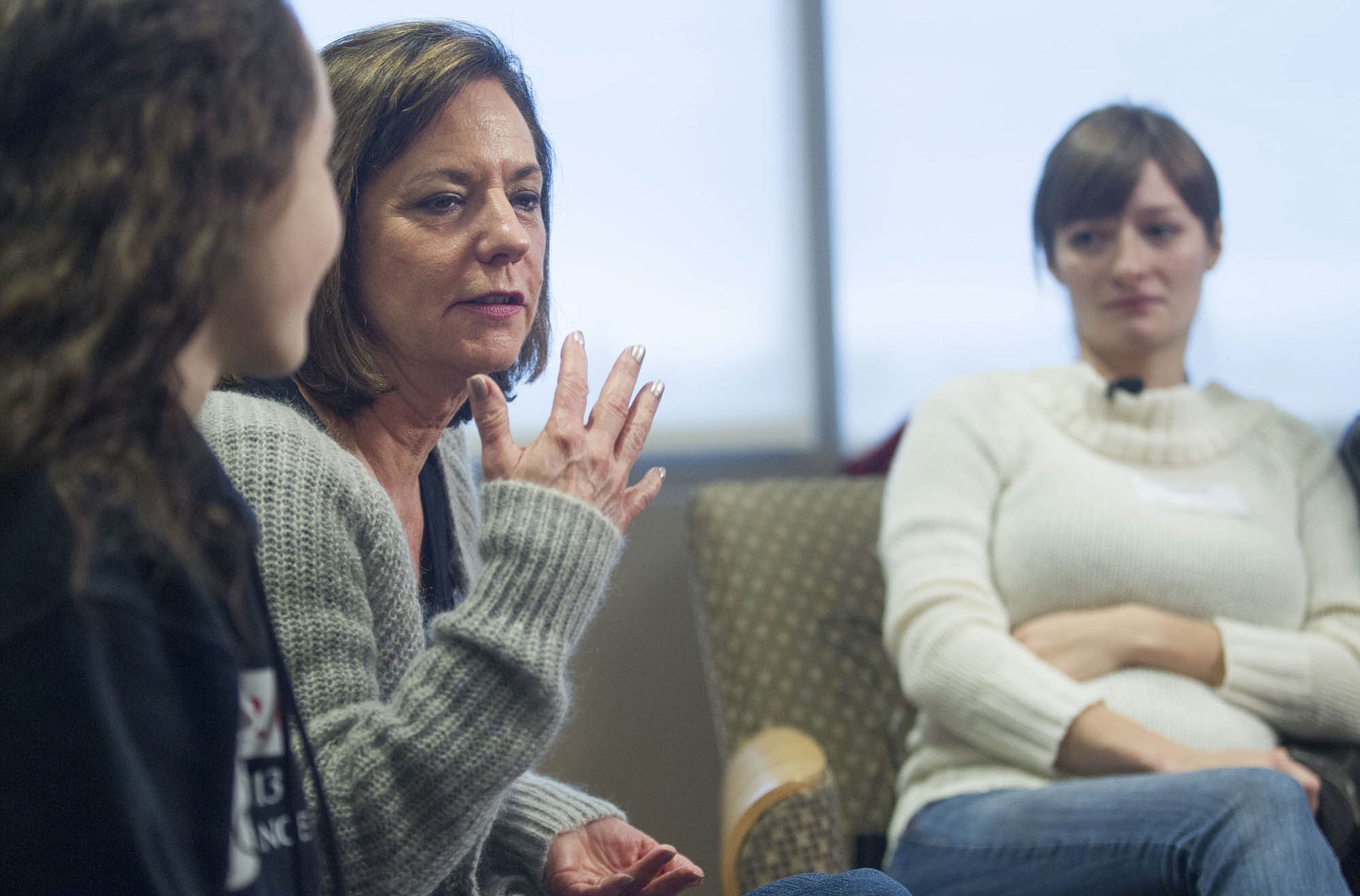Finding help
Local bereavement resources for grieving families:
PeaceHealth Southwest Medical Center Hope Bereavement Services
• Where: 5400 MacArthur Blvd., Vancouver.
• Contact: 360-696-5120.
The Compassionate Friends of Battle Ground support group
• Where: 912 E. Main St., Battle Ground.
• When: 7 p.m., last Wednesday of each month.
• Contact: 360-904-2827; tcfbattleground@gmail.com
Community Home Health & Hospice adult support group
• Where: 14508 N.E. 20th Ave., Vancouver.
• When: 1 to 2:30 p.m., every second and fourth Monday.
• Contact: 360-253-4626.
The Dougy Center
• Where: 3909 S.E. 52nd Ave., Portland.
• Contact: 503-775-5683; help@dougy.org
Faith helps Hockinson native cope with death of his brother
Ray Bender grew up in rural Hockinson with his younger brother Brian and four sisters. Ray and Brian spent a lot of time together climbing trees, building forts and four-wheeling in the woods — not to mention they shared a bedroom until Ray moved out of the house.
The 32-year-old lives in Watertown, S.D., and saw his brother at least once a year. They were the best man at each other’s weddings.
Ray Bender had just gotten home on Sept. 19, when he got a text message that said Brian had been in a bad accident. While packing to leave for the northwest to see his brother, Ray got the call that Brian died in the hospital.
“It was his time to go. That’s all there was to it,” Bender said. No matter how many “doctors there were to save his life, it was in God’s hands. … That’s where I find comfort.”




